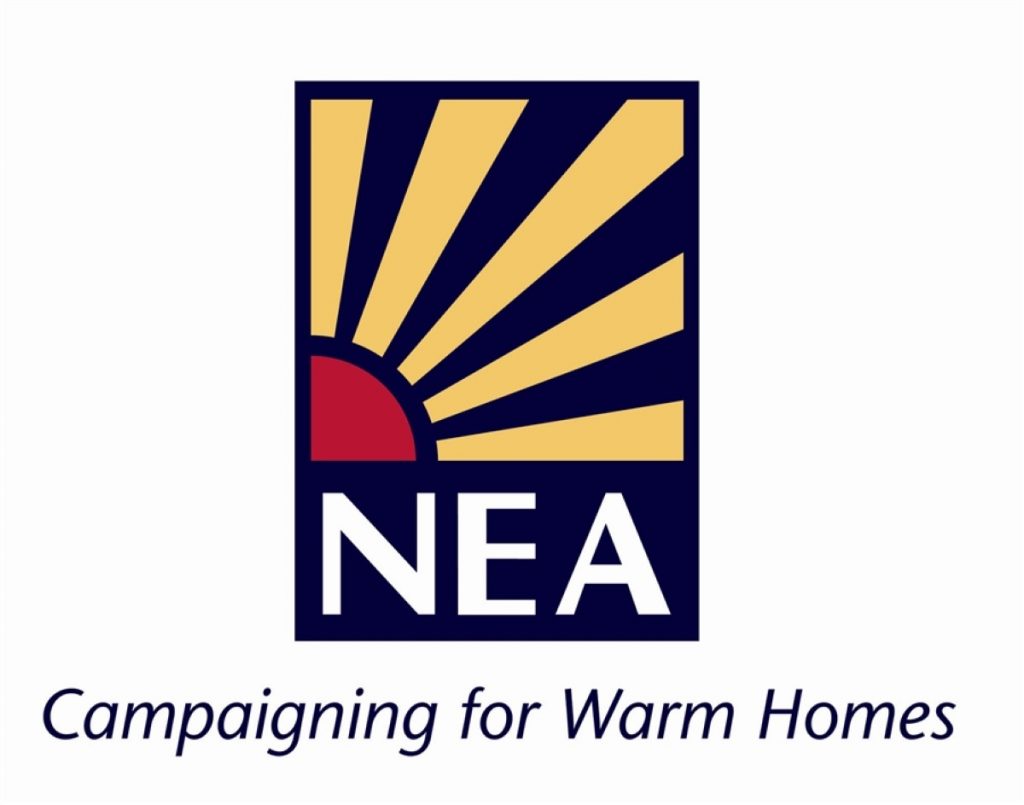National Energy Action: Reaction to Fuel Poverty Review Interim Report
Responding to publication of the Interim Report, Jenny Saunders, Chief Executive of National Energy Action (NEA), said:
“This week the issue of affordability has been at the top of the household and political agenda. For NEA and our members, this report vindicates 30 years of building awareness and tackling the causes and symptoms of fuel poverty. Professor Hills recognises the importance of this work and we now need to rapidly adapt public policy to improve the health, financial security and wellbeing of fuel-poor households in order to do what is necessary to eradicate fuel poverty by the statutory target date of 2016.
“The report clearly indicates that however we define fuel poverty or formulate remedial policies the scale of the problem is vast, with low-income households spending over £1 billion more on their energy needs than more affluent households. We need a coherent programme of capital spending that eradicates this gap, through improved housing standards and, in particular, through a national energy efficiency programme.
We look forward to responding to the next stage of Professor Hills’ consultation and working with him on his final report; the final recommendations of which are due early next year. For three decades NEA has shown how decision makers can effect real change by prioritising the needs of fuel-poor households. Over the coming months Professor Hills’ work must help provide a steer to deliver social justice alongside policies resulting in a transition to a higher lower carbon world.
“In the meantime, NEA will continue to raise awareness of the plight of those living in fuel poverty and of the recognised solutions – improved heating and insulation, income maximisation and lower tariffs – to tackle the problem within local communities. We will also continue to work with the Government to help design policies and programmes that deliver at a neighbourhood level.”
Editors notes:
NEA is the UK’s leading fuel poverty charity campaigning for affordable warmth in the homes of vulnerable people. For further details visit http://www.nea.org.uk.
This year NEA marks a 30 year milestone in campaigning for warm homes. Since its inception in 1981 NEA has championed energy efficiency as the most sustainable means of tackling fuel poverty.
The Warm Homes and Energy Conservation Act 2000 introduced a duty on the Secretary of State to publish and implement a strategy to end fuel poverty within a specified date and not later than 2016.
The UK Fuel Poverty Strategy defines a fuel-poor household as one needing to spend more than 10% of household income to achieve a satisfactory and healthy heating regime.
Fuel poverty results from a combination of factors: low household income; unaffordable energy prices; and inadequate heating and insulation standards. The consequences of fuel poverty range from psychological distress, social isolation and physical discomfort to causing or exacerbating serious illness and, in the most extreme cases, to premature death.
The Department of Energy and Climate Change (DECC) in June 2011, put the total number of households living in fuel poverty in the UK at 5.5 million in 2009. This represented an increase of 1 million households over the estimates for 2008 and comprises approximately 21% of all UK households.
Energy price increases this summer have had a devastating effect on the number of households living in fuel poverty, increasing the numbers of households by over 1.2 million. NEA now estimates that over 6.6 million UK households now suffer the misery of living in fuel poverty. A Press pack including up-to-date statistics can be downloaded http://www.nea.org.uk/assets/PDF-documents/Press-Pack-2011.pdf.
At the time of the Spending Review in October 2010, the Government announced its intention to commission an independent review of the fuel poverty target and definition in the context of its wish to focus available resources where they will be most effective in tackling the problems underlying fuel poverty.
On 14 March 2011, the Secretary of State for Energy and Climate Change, Chris Huhne MP, announced that Professor John Hills would undertake this review.
In its initial phase, the review has sought evidence from a wide range of key stakeholders with an interest in fuel poverty, energy efficiency, poverty and related issues.
The review team are today publishing their interim findings which will be subject to consultation for a month. The final report to Government will be provided to the Government no later than January 2012. The terms of reference to the original review are attached for further information.
NEA’s Warm Homes Campaign 2011 will raise awareness of the issue of fuel poverty and solutions to the problem within local communities and will take place throughout the last two weeks of November and first two weeks in December.
Contact: Sarah Wright on 0191 2615677
Sarah Wright
Senior Campaigns and Communications Officer
NEA
Level 6 (Elswick)
West One
Forth Banks
Newcastle upon Tyne
NE1 3PA
Tel: 0191 269 2942
Mob: 07884371913
Email: sarah.wright@nea.org.uk
Web: www.nea.org.uk





-01.png)